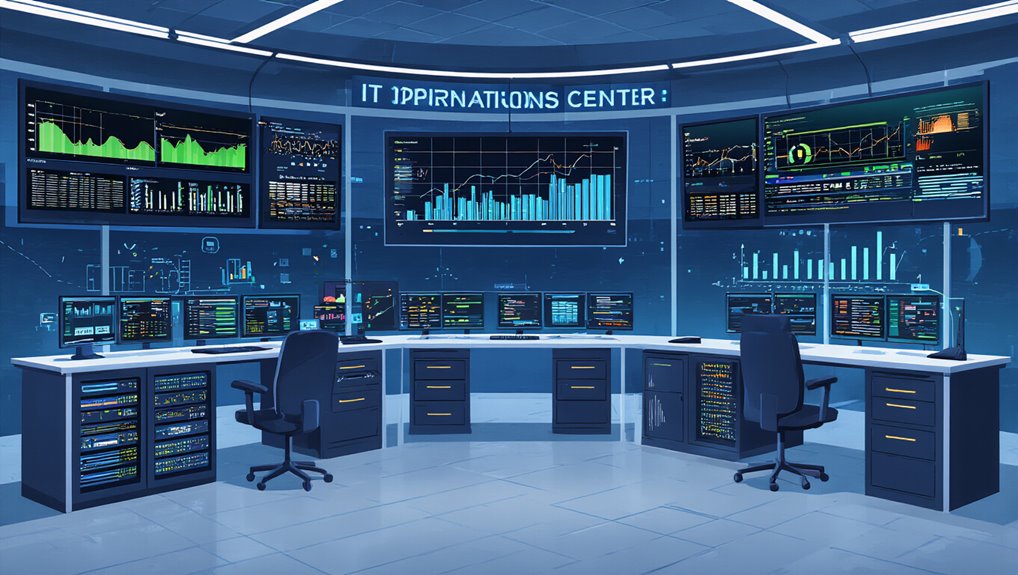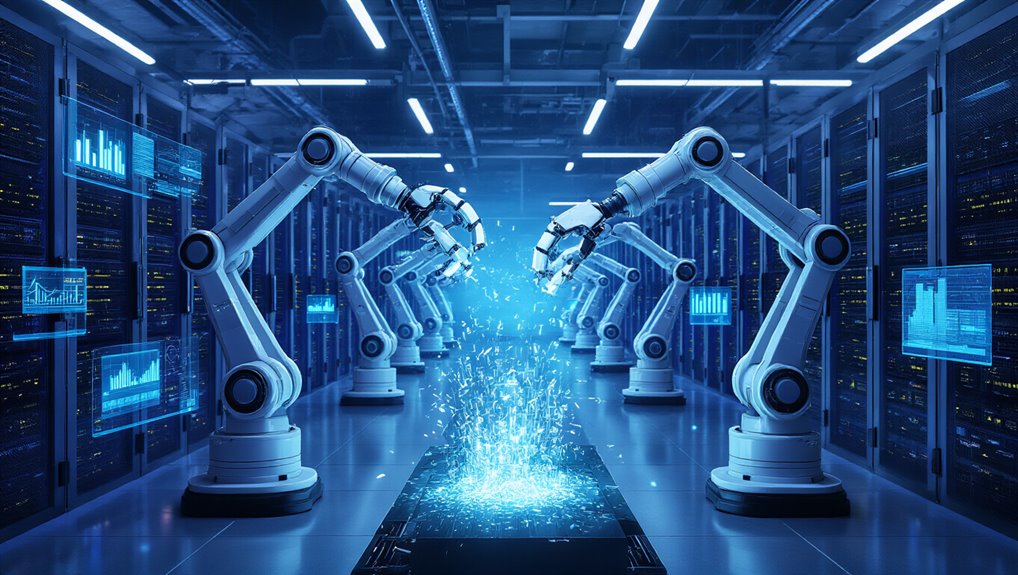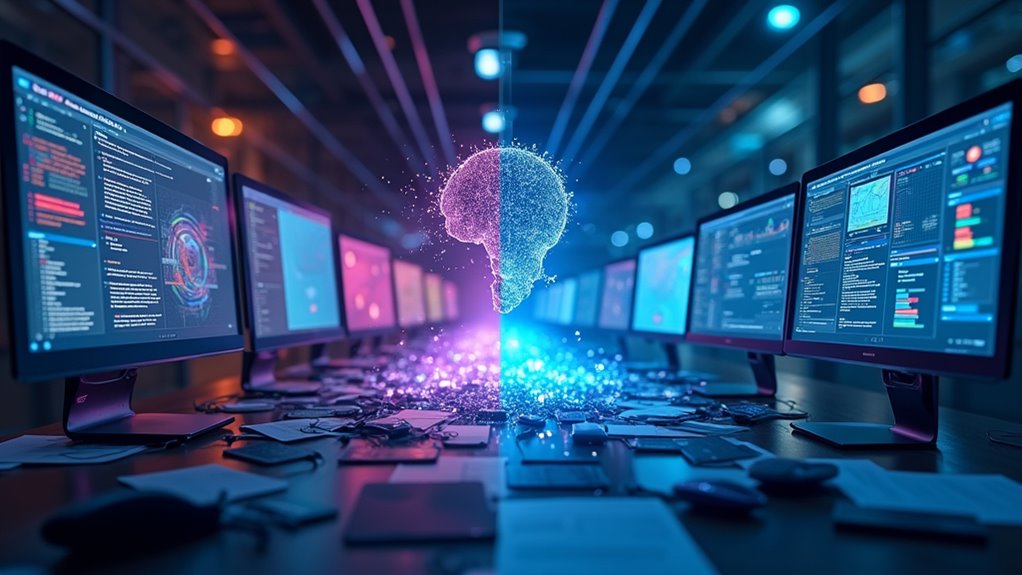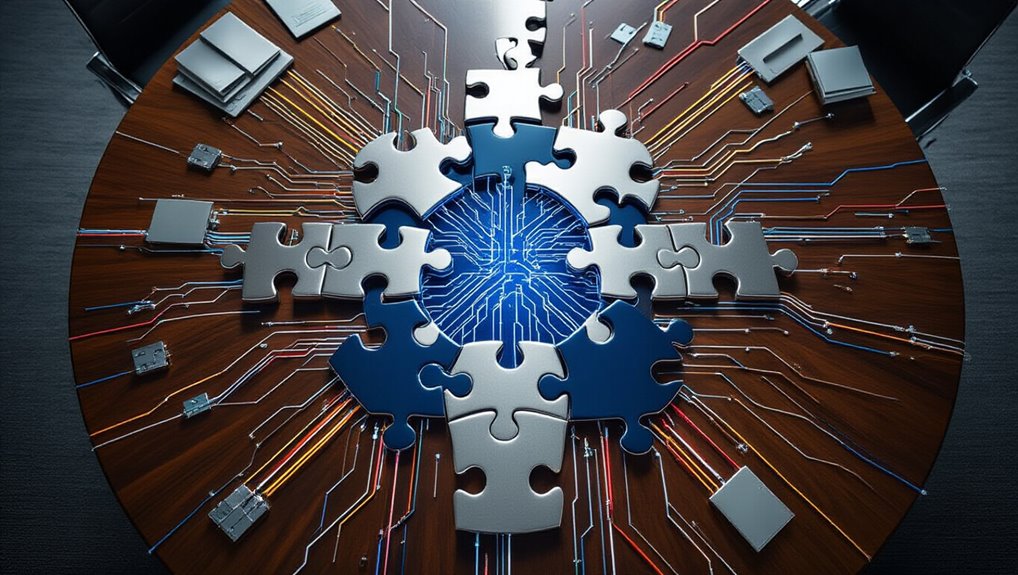Information Technology Service Management (ITSM) has undergone a radical transformation in recent years, driven primarily by artificial intelligence and automation technologies. Organizations that cling to outdated, manual IT practices are finding themselves at a considerable competitive disadvantage compared to those embracing modern ITSM frameworks. The impact of this evolution cannot be overstated, with AI-driven systems now autonomously handling up to 80% of common customer service issues—a capability projected to become standard by 2029.
Forward-thinking companies are implementing AI-powered systems that automate routine diagnostics and issue resolution, cutting resolution times dramatically while preventing potential outages. These intelligent systems don’t just respond to problems; they predict them. Predictive analytics and machine learning now enable the identification and prevention of incidents before they occur, reducing breakdowns by 70% and system downtime by an impressive 35%. Integration strategies that connect service management platforms with essential business systems create a single source of truth for data, eliminating information silos and enhancing operational efficiency. The shift from traditional ITSM to intelligent, AITSM systems enhances operational efficiency through context-aware interventions and autonomous decision-making.
AI doesn’t just solve IT problems—it prevents them, cutting system failures by 70% and downtime by 35%.
The modern ITSM approach transforms knowledge management through real-time updates and intelligent categorization. Users and support agents access relevant information instantly during incident resolution, with natural language processing enabling conversational queries against knowledge bases. By 2027, generative AI will produce more IT knowledge articles than human writers, creating unprecedented access to support resources. This self-service capability considerably reduces ticket volume while improving first-contact resolution rates.
Asset and configuration management have similarly evolved. AI-driven IT asset management systems now track lifecycles, guarantee license compliance, and optimize costs automatically. The integration between asset management and service desk tools creates seamless support processes that reduce manual errors and improve operational accuracy.
These advances don’t exist in a regulatory vacuum. Modern ITSM implementations include robust governance frameworks guaranteeing ethical AI use, data privacy, and transparency. Automated compliance tracking and reporting on license usage and security standards reduce regulatory risks, while built-in audit trails support accountability.
Organizations replacing legacy IT practices with modern ITSM realize multiple benefits: faster incident resolution, reduced downtime, lower operational costs, improved user satisfaction, and better regulatory compliance. The competitive advantage gained through these improvements makes modernization not just beneficial but essential for forward-looking organizations.









